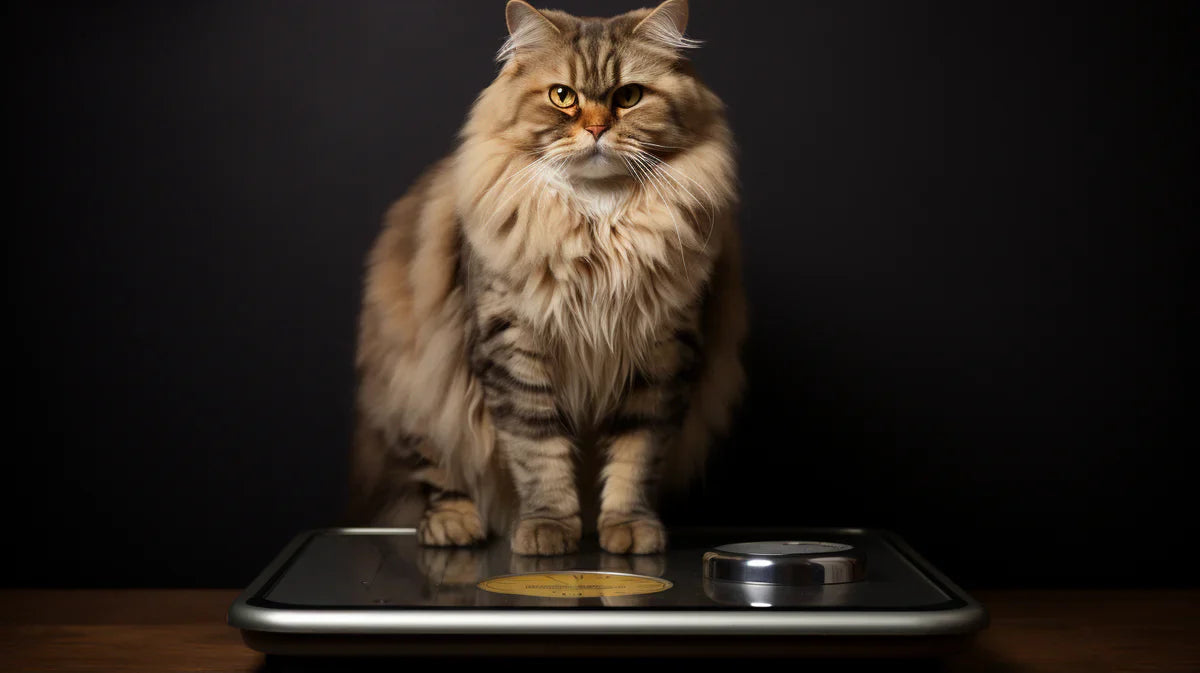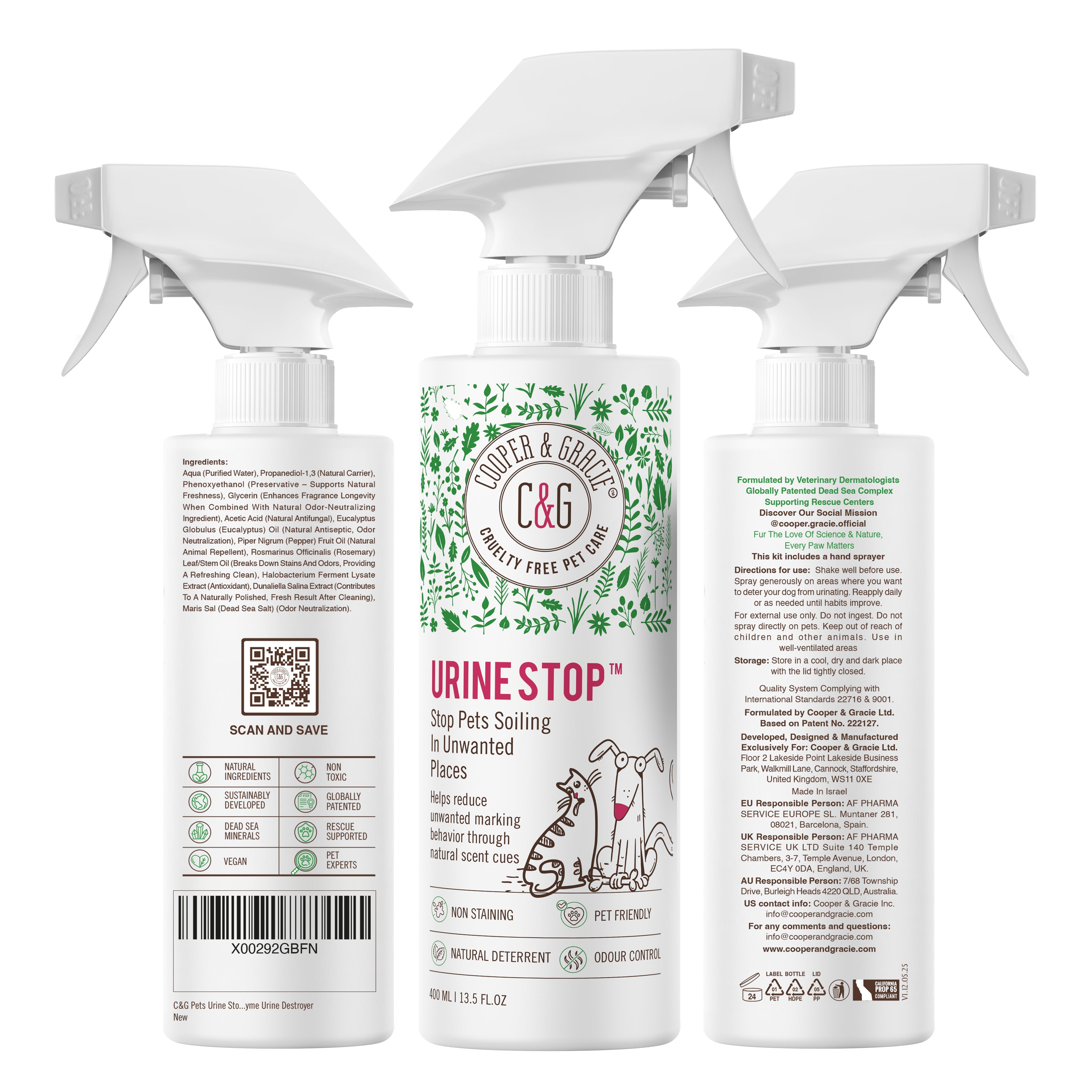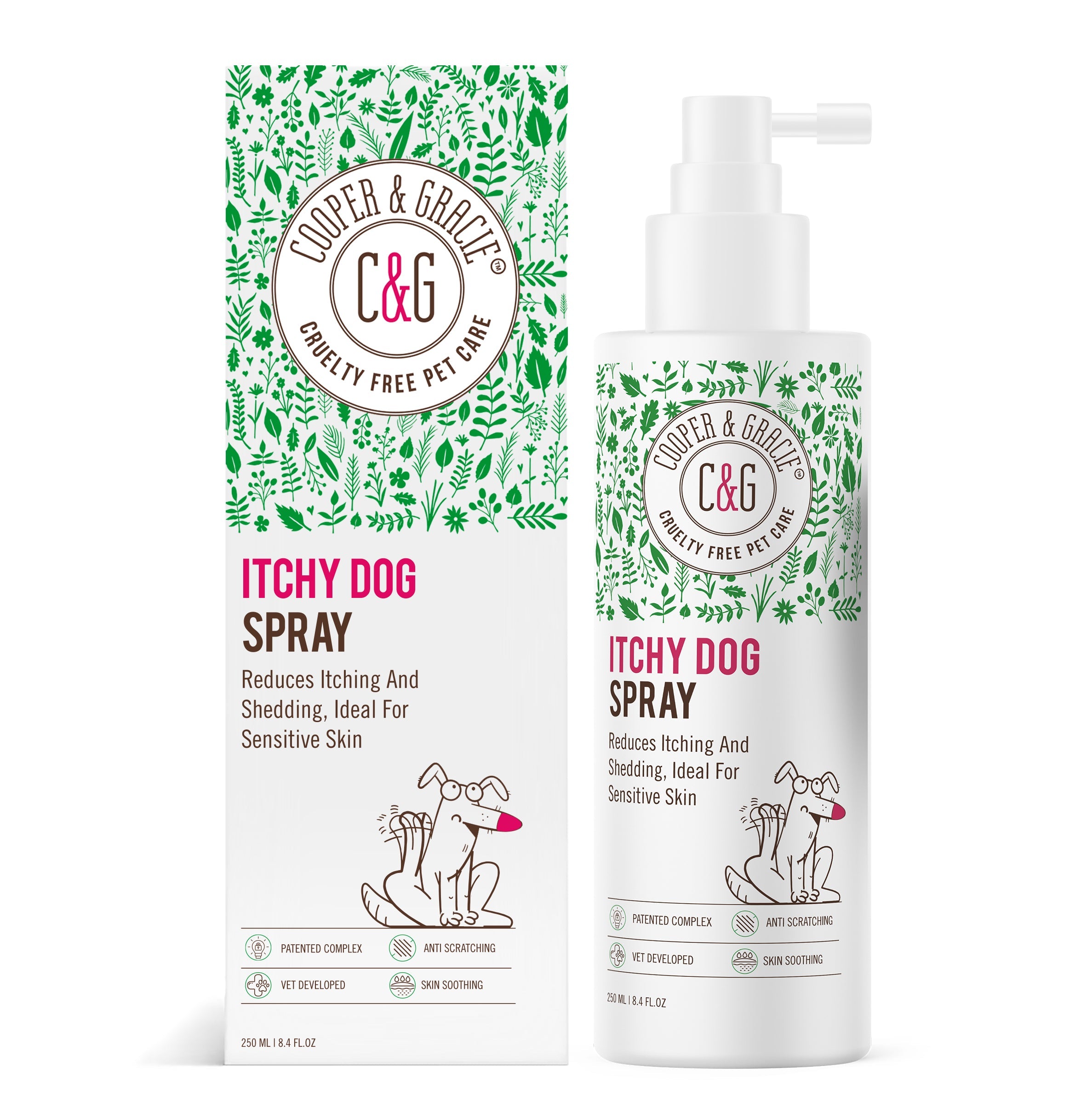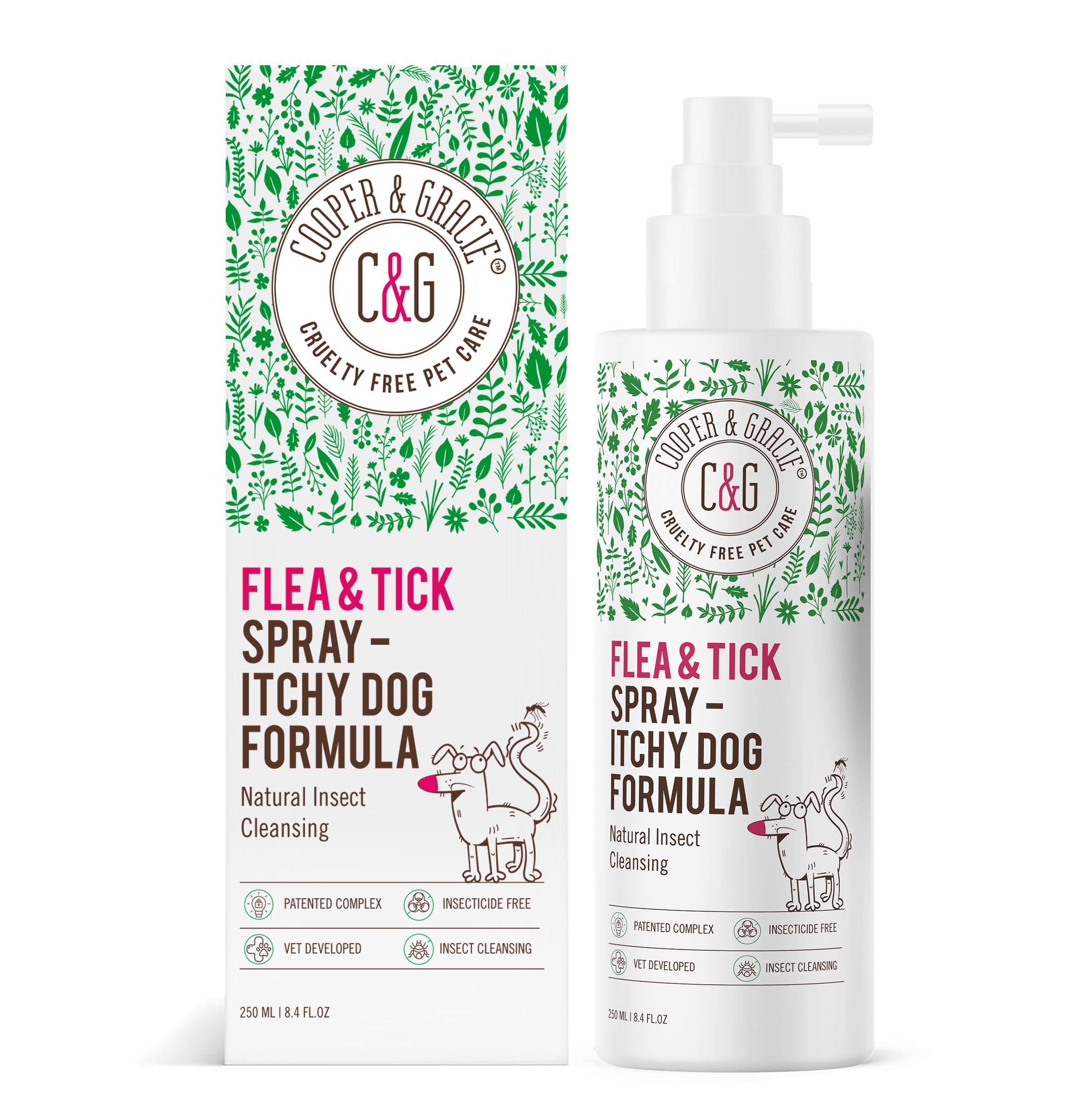Introduction
When it comes to our furry feline companions, their health and well-being are of utmost importance. One common concern that many cat owners share is the question, "Why is my cat so skinny?" A cat's weight can be indicative of various underlying issues, and it's essential to understand the potential reasons behind your cat's slim physique. In this article, we will delve into the possible causes of a skinny cat, explore the steps you can take to address the issue, and provide valuable insights to ensure your beloved pet remains healthy and happy.
Understanding the Ideal Cat Weight
Before we dive into the reasons behind a skinny cat, it's essential to grasp what constitutes a healthy weight for a feline friend. Cats come in various shapes and sizes, and their ideal weight can vary based on breed, age, and activity level. A healthy weight range for most cats falls between 7 to 11 pounds (3.2 to 5 kilograms). However, this can differ significantly. Factors such as genetics and overall health play a pivotal role in determining your cat's ideal weight.
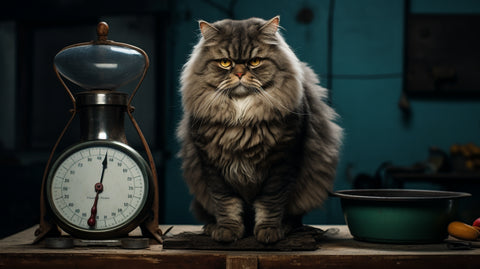
Possible Causes of a Skinny Cat
1. Dietary Issues
One of the most common reasons for a cat being skinny is an inadequate diet. Cats require a balanced diet rich in essential nutrients, including proteins, fats, and vitamins. If your cat isn't receiving the necessary nutrients, it can lead to weight loss and a generally skinny appearance.
2. Medical Conditions
Several medical conditions can result in weight loss in cats. These include hyperthyroidism, diabetes, kidney disease, and gastrointestinal disorders. If you notice sudden and unexplained weight loss in your cat, it's crucial to consult your veterinarian for a thorough examination.
3. Dental Problems
Dental issues, such as gum disease or broken teeth, can make it painful for your cat to eat. This discomfort can lead to a reduced appetite and, consequently, weight loss.
4. Stress and Anxiety
Cats are sensitive creatures, and stress or anxiety can affect their eating habits. Major life changes, new environments, or the presence of other animals can lead to stress-related weight loss.
5. Parasites
Internal and external parasites, such as worms or fleas, can disrupt your cat's digestive system and cause weight loss. Regular deworming and flea control are essential for maintaining your cat's health.
Addressing the Issue
If you've noticed that your cat is too skinny, taking action promptly is crucial. Here are some steps you can take to address the issue:
1. Consult Your Veterinarian
Schedule a visit to your veterinarian to rule out any underlying medical conditions. Your vet can perform a thorough examination, including blood tests, to identify the root cause of your cat's weight loss.
2. Review Your Cat's Diet
Evaluate your cat's diet and ensure it is nutritionally balanced. High-quality cat food that meets your pet's specific needs is essential. Your vet can recommend an appropriate diet plan if necessary.
3. Dental Care
If dental issues are suspected, consult your vet for a dental examination. Proper dental care, including cleaning and addressing dental problems, can improve your cat's eating habits.
4. Stress Management
Minimise stressors in your cat's environment and provide a safe, comfortable space for them to relax. Using pheromone diffusers or calming products can help alleviate anxiety.
5. Parasite Control
Regularly deworm your cat and use flea control products as recommended by your veterinarian. This will ensure that parasites do not interfere with your cat's digestion and overall health.
Conclusion
A skinny cat can be a cause for concern, but with the right approach, you can address the issue effectively. Remember to consult your veterinarian, ensure a balanced diet, and provide a stress-free environment for your furry friend. By taking these steps, you can help your cat regain a healthy weight and lead a happier, more comfortable life.
FAQs (Frequently Asked Questions)
1. Can I fatten up my skinny cat by simply feeding them more?
Feeding your cat more may not be the solution, as it depends on the underlying cause of their weight loss. Consult your veterinarian to determine the appropriate approach.
2. How can I prevent my cat from getting skinny in the first place?
Regular check-ups, a balanced diet, and a stress-free environment are key factors in preventing your cat from becoming too skinny.
3. Are there any specific cat food brands that you recommend for weight management?
Your veterinarian can recommend cat food brands that suit your cat's specific needs, whether it's for weight management or other health concerns.
4. Is it normal for older cats to become skinny?
Weight loss can be more common in older cats due to age-related health issues. Regular veterinary check-ups are essential for senior cats.
5. What signs should I look out for to determine if my cat is stressed?
Common signs of stress in cats include excessive grooming, hiding, changes in appetite, and aggressive behaviour. If you suspect your cat is stressed, consult your veterinarian for guidance.
Join Us in Nurturing Your Furry Friend's Well-Being!
At Cooper and Gracie, we are not just passionate about pets; we are dedicated to ensuring they lead happy and healthy lives. After reading this informative article on why your cat might be skinny, we understand your concerns better than anyone. That's why we invite you to take the next step in caring for your feline friend. Explore our range of premium cat products meticulously crafted to meet their unique needs. From nutritious cat supplements to soothing grooming essentials, we have everything your beloved companion requires. Join us on this journey towards a healthier and happier cat, and let's make every day a great day for them. Shop now and see the difference for yourself!
Related Posts
Why Does My Cat Bite Me When I Pet Him?

